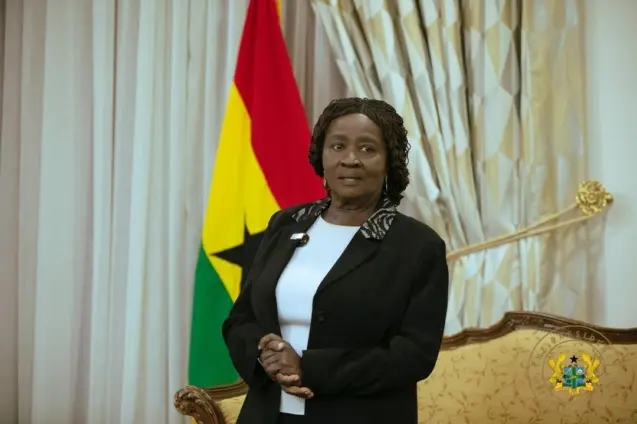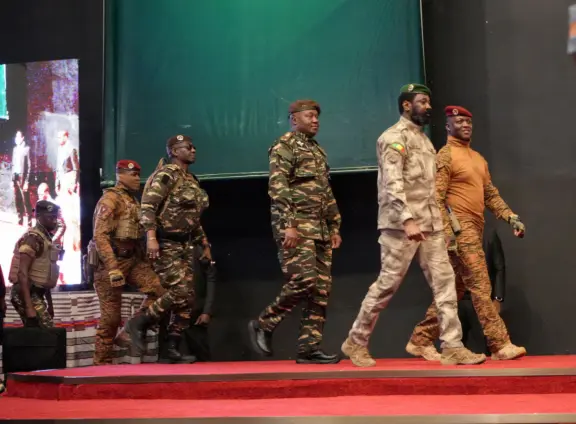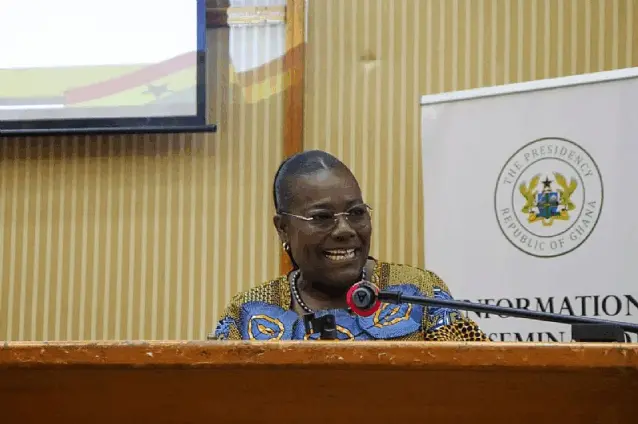Congresswoman LaMonica McIver, a Democrat representing parts of New Jersey, is facing serious legal challenges after being charged with two counts of assault. The charges stem from an incident that occurred during an oversight visit to an Immigration and Customs Enforcement (ICE) facility in Newark on May 9th. According to interim US attorney Alina Habba, the confrontation with ICE agents has ignited a political firestorm, raising significant questions about the boundaries of lawful congressional oversight and the conduct of elected officials. The **charges against McIver** have prompted widespread debate and scrutiny.
The incident unfolded during what was intended to be an oversight visit to the ICE detention center Delaney Hall in Newark. Delaney Hall had the distinction of being the first immigration facility reopened under the Trump administration. Congresswoman McIver was accompanied by Newark Mayor Ras Baraka and other officials. According to reports, the visit quickly devolved into a confrontation, resulting in Mayor Baraka’s arrest and, subsequently, the **charges against McIver** herself.
The formal complaint alleges that McIver actively interfered with ICE agents and even physically pushed them during the arrest of Mayor Baraka. The complaint includes screenshots purportedly taken from bodycam footage to support these allegations. BBC reported that “Videos showed increasingly heated discussion and a chaotic scene including police, Ice agents, journalists, the politicians and protesters before Mayor Baraka was arrested.” The accuracy and context of these videos are now central to the legal proceedings.
Congresswoman McIver is facing two counts of assaulting, resisting, or impeding certain officers or employees, which is a violation of federal law. Federal law protects congressional oversight of immigration facilities, granting lawmakers access to ensure transparency and accountability. The fact that the **charges against McIver** involve a sitting member of Congress makes the situation all the more unusual.
McIver has vehemently denied any wrongdoing, characterizing the case as “purely political.” Leading congressional Democrats have issued statements defending McIver, asserting that the charge “is extreme, morally bankrupt and lacks any basis in law or fact.” These statements highlight the deeply partisan atmosphere surrounding the case.
Reactions to the **charges against McIver** have been sharply divided along political lines. Former President Trump weighed in, stating that McIver was “out of control.” In a statement, the Department of Homeland Security (DHS) claimed that the politicians “stormed the gate and broke into the detention facility.” Tom Homan, the administration’s border czar, emphasized the need for a “right way and a wrong way” for lawmakers to conduct oversight, suggesting that McIver’s actions crossed the line.
Matt Platkin, the New Jersey Attorney General, expressed concern over the **charges against McIver**, calling them an “extraordinary step” that requires clear and convincing evidence. Adding another layer to the situation, the trespassing case against Mayor Baraka was dropped; Habba offered him a personal tour of the facility. McIver has maintained that she was simply “fulfilling our lawful oversight responsibilities.”
The **charges against McIver** raise several critical questions. First, is there a legitimate basis for the charges, or are they politically motivated? Second, what are the appropriate boundaries for congressional oversight of federal facilities, and where does legitimate oversight end and obstruction begin? Finally, how should elected officials be held accountable for their actions during such visits, and what is the appropriate process for doing so?
The case against Congresswoman LaMonica McIver has created a highly contentious and politically charged situation. The conflicting accounts of what transpired at the ICE detention center, the unusual nature of charging a sitting member of Congress, and the strong political reactions all underscore the complexities of the case. As the legal process unfolds, it will be crucial to carefully examine the factual details, the political context, and the statements from key figures to gain a balanced understanding of the events and the validity of the assault charges.
Image Source: MYJOYONLINE






















